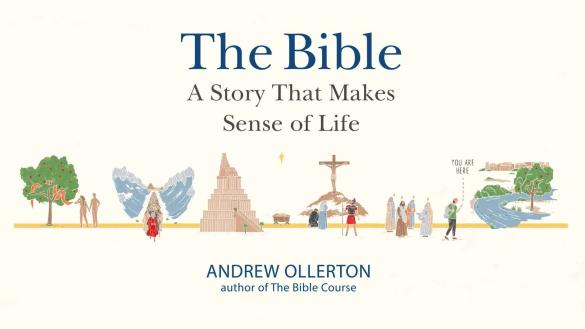The second-century Celsus Library in Ephesus is impressive. It is considered to be an architectural marvel and is one of the few surviving examples of a library from the Roman era. While the front is impressive, the main library is a smaller space which used to contain thousands of scrolls. In Ephesus, where knowledge was valued and shared, it was a centre of education and learning.
There is no end to the writing of books.
Imagine entering the library of Ephesus back in the second century. Instead of books, you would have found scrolls. The Celsus Library, named after the city’s governor, housed thousands of them.
Ancient scrolls were made of either papyrus or parchment. You had to limit their size to avoid spreading one piece of writing across several scrolls, and to allow reasonably comfortable reading. Even so, when unrolled, ancient scrolls could be several metres in length, containing between 10,000 and 20,000 words. Typically, this is also the word count of ancient biographies, including the four Gospel accounts of the life of Jesus. They had to fit on a single scroll.
While ancient biographies were read aloud for entertainment at dinner parties, the Gospel writers took the reader on a transformational spiritual journey. The same is true of the rest of the writings collected in what we call the Bible. It is a library in its own right, written not just to inform but above all, to transform.
We live in a world of carefully curated Instagram pages and LinkedIn profiles that show the best of us. Instagram memes are funny, but they also expose the lengths to which we will go to project an image that can be so far from reality. So much of life in our modern digital age is a facade.
Our approach to God can be similar to our Instagram profiles. We feel that we have to be our best cleaned-up version for God. So we curate an image, in the hope God might hit the ‘like’ button on our lives and judge us as acceptable. This approach can lead to pride or despair, but deep down we all know the curated image never seems to cover our flaws.
The Bible wants to save us from a life of curating and invites us into true authenticity. 1 Corinthians 8 speaks of the one who ‘loves God’ as being ‘known by God’. The facade can fall away once you realise you’re already fully known and yet fully loved. God doesn’t want our fake selves; he wants our flawed, real selves to love him.
Read on, to find out more about what sets the Bible apart from other books.
Subscribe to our Youtube channel to be updated on the latest videos!

An eight-session course helping you explore the world’s bestseller.

The Bible: A Story That Makes Sense of Life
What is the Bible and how is it relevant to me? This book is the perfect read for anyone asking those questions in the 21st century. The Bible: A Story That Makes Sense of Life helps readers see how the narratives and themes of the Bible connect to their own lives.